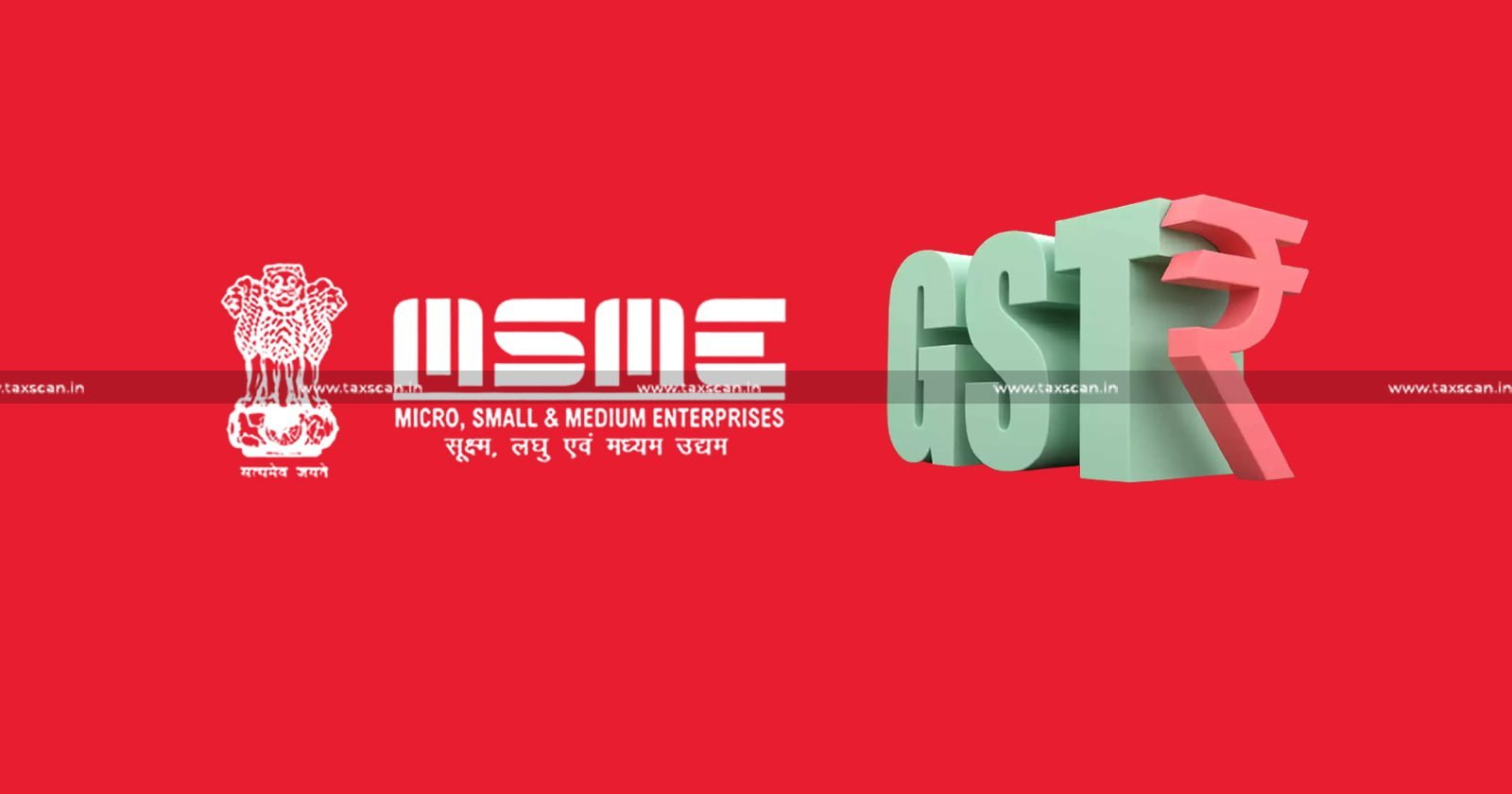Technical Dismissal Without Going into Merits Unsustainable: ITAT Restores back Case to Decide ₹52 Lakh Capital Loss Adjustment with Proper Reasoning [Read Order]
The bench observed that merely disposing of the appeal on the procedural point without examining the assessee’s substantive grievance on the correctness of the ₹52 lakh adjustment was in breach of this statutory duty
![Technical Dismissal Without Going into Merits Unsustainable: ITAT Restores back Case to Decide ₹52 Lakh Capital Loss Adjustment with Proper Reasoning [Read Order] Technical Dismissal Without Going into Merits Unsustainable: ITAT Restores back Case to Decide ₹52 Lakh Capital Loss Adjustment with Proper Reasoning [Read Order]](https://images.taxscan.in/h-upload/2025/06/30/2057048-technical-dismissal-going-into-merits-unsustainable-merits-unsustainable-taxscan.webp)
The Income Tax Appellate Tribunal ( ITAT ) Pune Bench has held that an appeal cannot be disposed of merely on a technical ground without adjudicating the substantive issue on merits, especially when the assessee’s claim involves an apparent arithmetical adjustment relating to set-off of brought forward capital loss amounting to ₹52,20,899.
In this case, the assessee, a private discretionary trust, filed its return of income for AY 2022-23, claiming a set-off of brought forward capital loss against long-term capital gains. However, while processing the return under section 143(1) of the Income Tax Act, 1961, the Centralized Processing Centre (CPC) made an adjustment disallowing the set-off, thereby adding ₹52 lakh to the total income.
The assessee contended that no proper notice or clear intimation was issued explaining the nature of the adjustment, resulting in a technical breach of the proviso to section 143(1)(a) of income tax act.
Aggrieved, the assessee filed an appeal before the Addl./JCIT(A), Siliguri, contesting both the procedural lapse and the core issue of the capital loss set-off. However, while disposing of the appeal, the Addl./JCIT(A) confined his discussion only to the technical ground about alleged non-receipt of notice.
Comprehensive Guide of Law and Procedure for Filing of Income Tax Appeals, Click Here
The officer rejected the assessee’s claim solely on the basis that a notice was in fact issued as per the CPC records and concluded that the assessee’s claim was misleading. Importantly, the officer did not address the merits of whether the adjustment made by CPC to deny the set-off was factually or legally justified despite this forming the core of the dispute.
After hearing the assessee’s appeal, the ITAT noted that the Commissioner (Appeals) is mandated under section 250(6) of the Act to pass a speaking order by deciding each point raised before him, stating the determination, the decision, and the reasons for arriving at such decision.
The Tribunal observed that merely disposing of the appeal on the procedural point without examining the assessee’s substantive grievance on the correctness of the ₹52 lakh adjustment was in breach of this statutory duty.
Comprehensive Guide of Law and Procedure for Filing of Income Tax Appeals, Click Here
Accordingly, the bench of R.K. Panda (Vice president) and Astha Chandra ( Judicial member) held that the order passed by the Addl./JCIT(A) was a non-speaking order to that extent and could not be sustained.
The ITAT decided it was appropriate to remand the case back to the Commissioner (Appeals) so that the matter may be decided again on its merits, noting the trust's clear factual reasons that the adjustment was an arithmetical error, which were completely supported by information that had already been presented.
The bench directed the Commissioner (Appeals) to decide the issue of the capital loss set-off after providing a reasonable opportunity of hearing to the assessee, in accordance with law. It also directed the assessee to cooperate fully by filing all necessary documents and not seek adjournments without sufficient cause.
Accordingly the appeal was allowed.
Support our journalism by subscribing to Taxscan premium. Follow us on Telegram for quick updates




